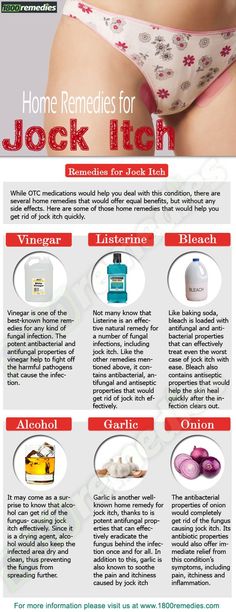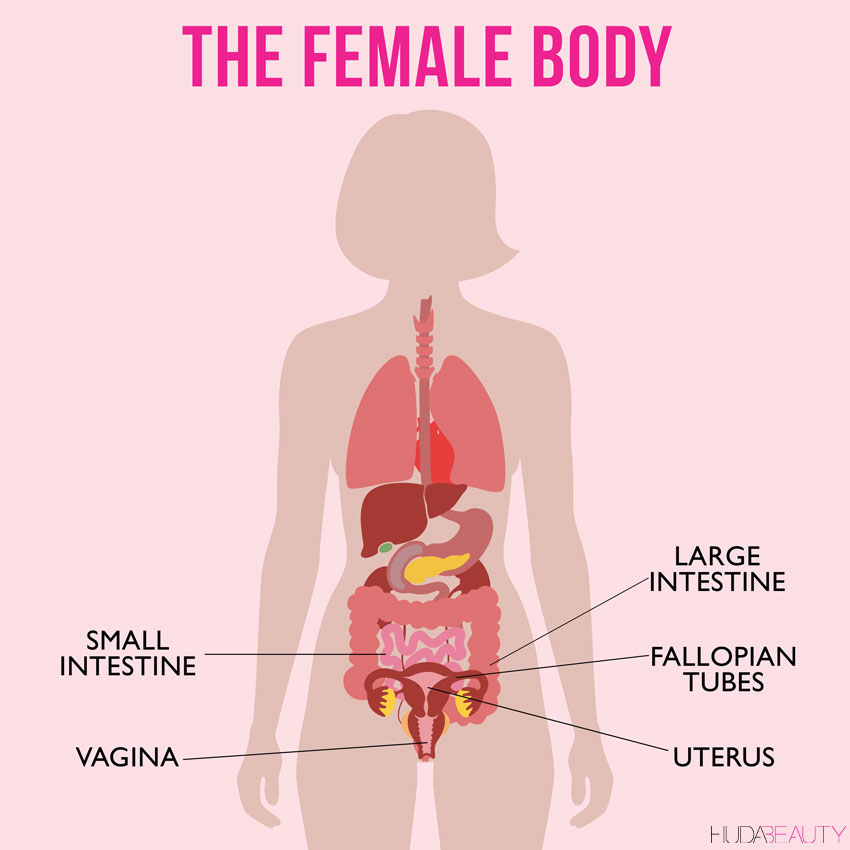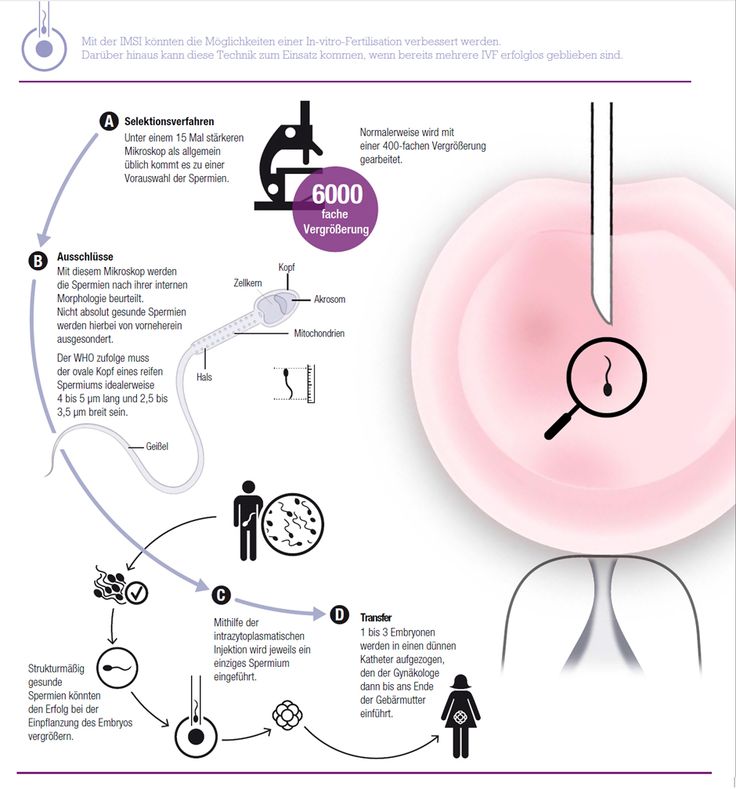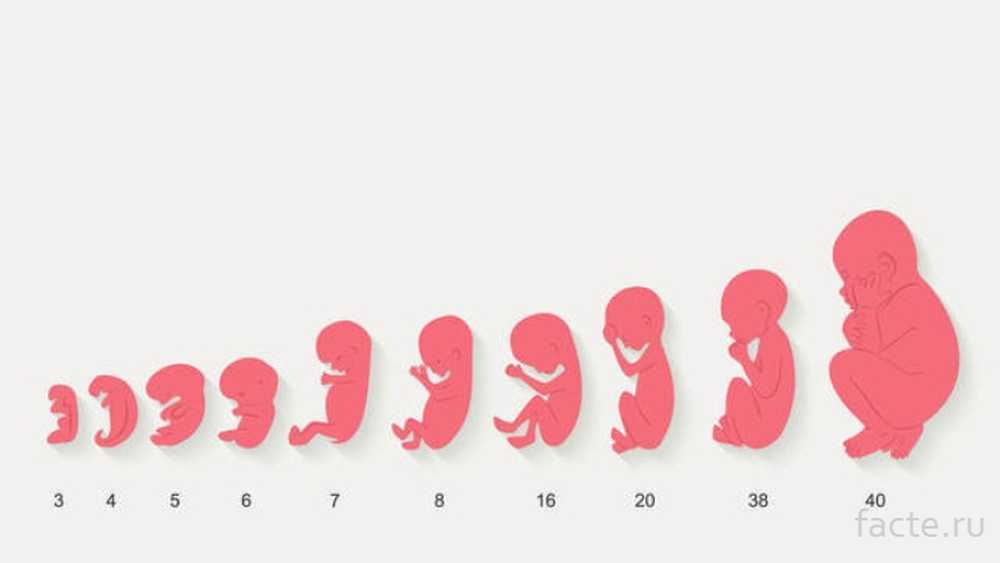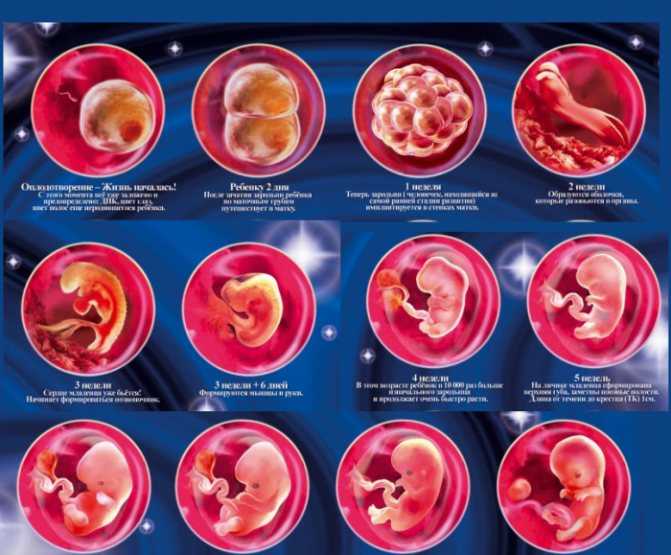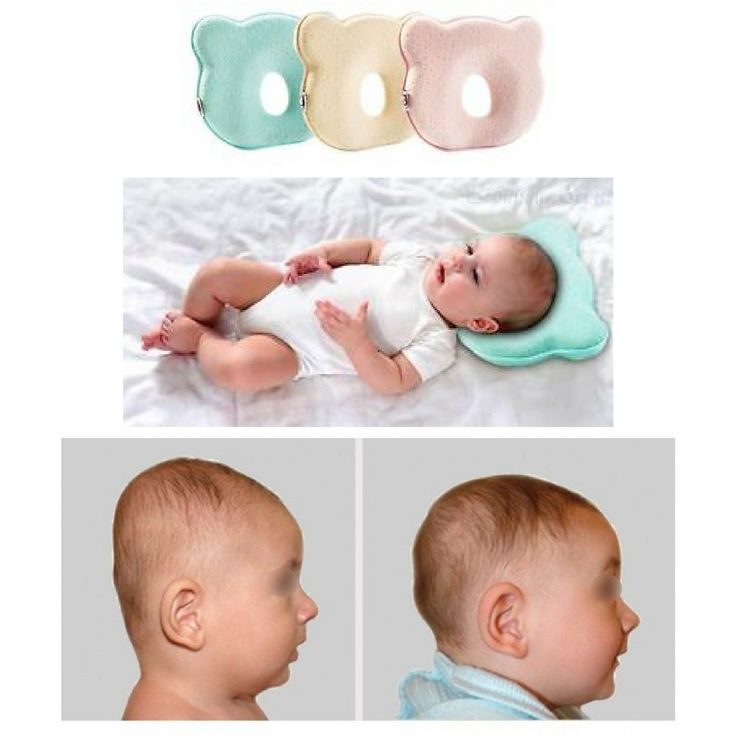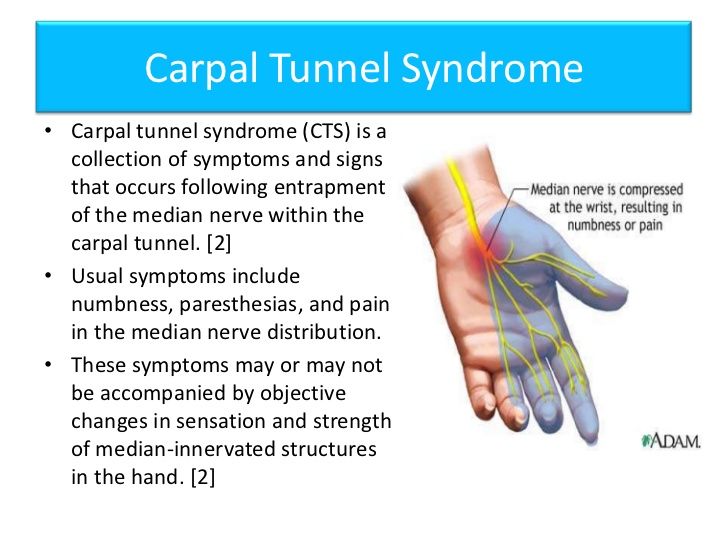Remedy for itchy skin during pregnancy
Causes, Treatments, When to See Your OB
Scratch, scratch, scratch. All of a sudden it feels like all you can think about it how much you itch. Your pregnancy may have brought on a whole host of new “fun” experiences: dizziness, nausea, heartburn, or even trouble breathing.
You’d likely been warned about all of these from other pregnant women and weren’t shocked when you hit these milestones in your pregnancy journey. The last thing you imagined you’d be feeling though was itchy!
You hadn’t heard about intense itching during pregnancy from a lot of your friends, so now you’re wondering: What’s causing this? Is this normal? Should I be worried?
Although we can’t diagnose the exact cause of your itchiness, we’ve compiled a list of some common reasons pregnant women may be feeling the urge to scratch — and some signs you should head in to see your doctor.
There are many reasons why you may feel itchy during pregnancy. These might include:
- Stretching skin.
First pregnancies and pregnancies with multiples tend to cause skin to stretch quite a bit more than it is used to.
- Dryness. Hormone changes in pregnancy can cause itchy, flaky dry skin.
- Perfumes or fabrics. Different materials and chemicals can literally rub you the wrong way.
- Hormones. The hormonal changes you experience in pregnancy can affect everything from mood to circulation to, yes, itchiness.
- Cholestasis. This is a liver disorder that can result in the buildup of bile acids in the blood that cause feelings of itchiness.
- Pruritic urticarial papules and plaques of pregnancy (PUPPP). This is an itchy rash that occurs around stretch marks during late pregnancy.
- Prurigo. These crusty, itchy bumps on the arms, legs, or abdomen that can appear in any trimester.
It’s important to consider where on your body you are experiencing itching. Most pregnancies will involve some itching belly and itching breasts because the skin in these areas is going through so many changes.
Most pregnancies will involve some itching belly and itching breasts because the skin in these areas is going through so many changes.
Itching around your stretch marks may be a result of PUPPP, while itchy arm and leg areas are more likely to be a result of fabrics rubbing you the wrong way or prurigo.
Occasionally feeling slight itchiness is normal, but intense itching of the abdomen, arms, and legs can be a sign that your body needs some attention. Some people also experience vaginal itching during pregnancy, which may require treatment. In addition, sometimes there may be rashes associated with pregnancy itching.
Itching is not generally considered an early pregnancy symptom. In fact, many types of rashes typically only appear later in pregnancy and some may not resolve until after your baby is born.
That said, any time intense or prolonged itching appears during the course of your pregnancy it should be reported to your doctor.
Just as there are many potential causes for itchiness in pregnancy, there are a variety of ways to help alleviate any itching that you may be feeling. Consider these natural remedies you can try at home:
Consider these natural remedies you can try at home:
- Change perfumes or detergents. You may even consider making your own soap/perfumes/detergents to avoid chemicals in commercial products that irritate your skin.
- Wear loose clothing made from natural fabrics. (This will help keep potentially irritating fabrics away from your skin AND help keep you cool to avoid any heat-related rashes!)
- Take an oatmeal bath or use a yogurt skin treatment. Lathering up with pine tar soap is a common home remedy for PUPPP.
- Use a moisturizer to help with dry skin. Olive oil and coconut oil are both very moisturizing as are shea and coconut butter.
- Apply some calamine lotion. This chalky pink liquid isn’t just for bug bites and poison ivy!
- Increase your water intake and make sure that you’re staying hydrated. Don’t forget to include electrolytes in your hydration.
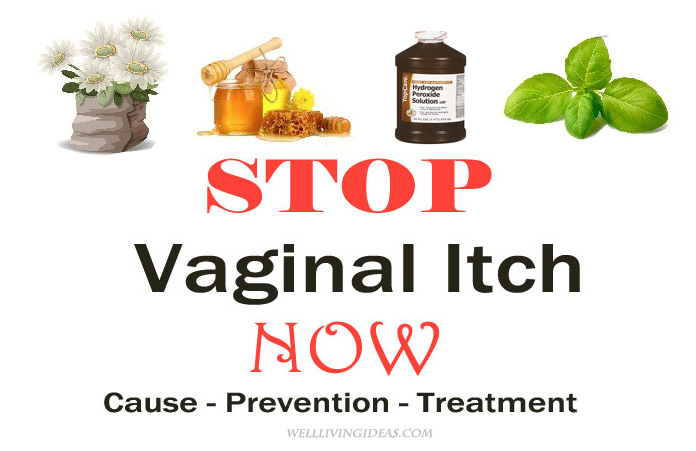 Making sure to include some coconut water or a water with electrolytes added will help your body to make the most of the water that you’re providing it.
Making sure to include some coconut water or a water with electrolytes added will help your body to make the most of the water that you’re providing it. - Turn on your humidifier and/or a fan. Keeping the air moist and cool will help with dry skin and itchy heat-related rashes.
Remember: If itching doesn’t improve or gets worse, it’s time to make plans to visit your doctor!
You should see your doctor if you have any of the following.
Signs of cholestasis
- jaundice (a yellowing of the skin and the white area of the eye)
- dark urine
- lack of appetite
- nausea
- light stool
- depression
- intense itchiness, including itching feet
Cholestasis is a liver condition that results in a build-up of bile acids in the blood. There is not usually a rash, but the skin may develop a more yellow tone. In pregnancy, the condition, if it does appear, occurs in the third trimester.
Your doctor will diagnosis cholestasis with a blood test. A medical history will also typically be taken, because cholestasis can be an inherited condition and is more common if your mother or sister also had it during one of their pregnancies.
Many over-the-counter anti-itch medications will not be effective if cholestasis is the cause of your itch, but your doctor may be able to prescribe other drugs that can help alleviate some of the itchiness and reduce the amount of bile acid in the blood.
Ultimately, the solution to cholestasis is delivering the baby, and the itch will usually clear up within a few days of giving birth.
Because there is an increased chance of stillbirth, fetal distress, and preterm delivery, your doctor may want to discuss an earlier induction or more frequent monitoring during your pregnancy (and for a period after delivery) if you are diagnosed with cholestasis.
Signs of PUPPP
- rash made up of small, pimple-like dots, typically spreading from stretch mark areas and not extending beyond the breasts
- blisters around the rash
- feeling extra itchy at night
Typically, your doctor will diagnose PUPPP through a skin examination. In rare cases a skin biopsy may be ordered. Blood work to rule out an infection may be done as well.
In rare cases a skin biopsy may be ordered. Blood work to rule out an infection may be done as well.
The ultimate cure for PUPPP is to deliver the baby, and the rash will usually be gone within a few weeks of delivery. Moisturizers, steroid creams, and antihistamines prescribed by your doctor, as well as itch relieving baths, can help to temporarily relieve itchiness until your due date.
Signs of prurigo
- itchy, crusty bumps on the arms, legs, or abdomen
While moisturizers may help with the itch from prurigo, treatment typically involves topical steroids and oral antihistamines. If you’ve had prurigo during one pregnancy, there’s an increased chance that you’ll experience it in future pregnancies. While it may clear up shortly after giving birth, it can also unfortunately last for weeks or even months after giving birth.
If you feel intensely itchy or itchy for a prolonged time during your pregnancy, it’s a good idea to check in with your OB or midwife. They can prescribe medications, rule out various illnesses, and make sure that you and your little one are safe.
They can prescribe medications, rule out various illnesses, and make sure that you and your little one are safe.
That intense itch you’re feeling during pregnancy could be due to many different things. It’s important to think about any other symptoms you’re experiencing, the timeline of your itchiness, and even just your daily activities to figure out how to solve this uncomfortable problem.
Because itchiness can be a symptom of a more serious condition, it’s important to consult with your doctor if it continues or any other symptoms appear.
After all, you don’t want your itching to distract you from experiencing the morning sickness, heartburn, and frequent trips to the bathroom you’ve been warned about from other pregnant women!
Itching during pregnancy | BabyCenter
- Community
- Getting Pregnant
- Pregnancy
- Baby names
- Baby
- Toddler
- Child
- Health
- Family
- Courses
- Registry Builder
- Baby Products
Advertisement
Itching in pregnancy is common, especially around your belly and breasts as your skin stretches to accommodate growth. (Even itchy nipples during pregnancy can be par for the course.) Treat itchy skin with ice packs, lotion, and oatmeal baths; and while a little itching may be inevitable, staying cool and wearing comfortable clothing might help prevent some of it. Talk to your healthcare provider if you have a a new rash, the itching feels severe, or you have very itchy palms and feet, which could be a sign of cholestasis of pregnancy, a liver condition that requires treatment.
(Even itchy nipples during pregnancy can be par for the course.) Treat itchy skin with ice packs, lotion, and oatmeal baths; and while a little itching may be inevitable, staying cool and wearing comfortable clothing might help prevent some of it. Talk to your healthcare provider if you have a a new rash, the itching feels severe, or you have very itchy palms and feet, which could be a sign of cholestasis of pregnancy, a liver condition that requires treatment.
Photo credit: Nathan Haniger
Is it normal to have itching during pregnancy?
Yes, mild itching in pregnancy is normal in most cases. It's also common – about 20 percent of women have itchy skin during pregnancy.
You may feel especially itchy around your belly and breasts as your skin stretches to accommodate their growth. (And yes, that includes itchy nipples, which are also common during pregnancy.) Dry skin and hormonal changes may also contribute to the extra itchiness. In the winter, dry heat (especially from radiators) can also exacerbate itching.
Some itchy skin conditions, such as eczema, can get worse during pregnancy, though some women find that their eczema improves. With psoriasis, however, many women report less severe symptoms during pregnancy, while few find that their psoriasis gets worse.
If you have a new itchy rash during pregnancy or you're experiencing severe itching on your palms or the soles of your feet, reach out to your healthcare provider – these are sometimes symptoms of more serious conditions that require medical care.
Ways to prevent itching during pregnancy
You may not be able to prevent itchy skin entirely, but these tips might minimize itching in pregnancy:
- Take lukewarm showers and baths. Hot water can dry out your skin and make the itching worse. (It's best to avoid super-hot baths when you're pregnant anyway.) Use mild, fragrance-free soap, and rinse it off well. Towel yourself dry gently.
- Stay as cool as possible. Try to avoid being outside for extended periods in the heat of the day because heat (and overheating) can make itching worse.
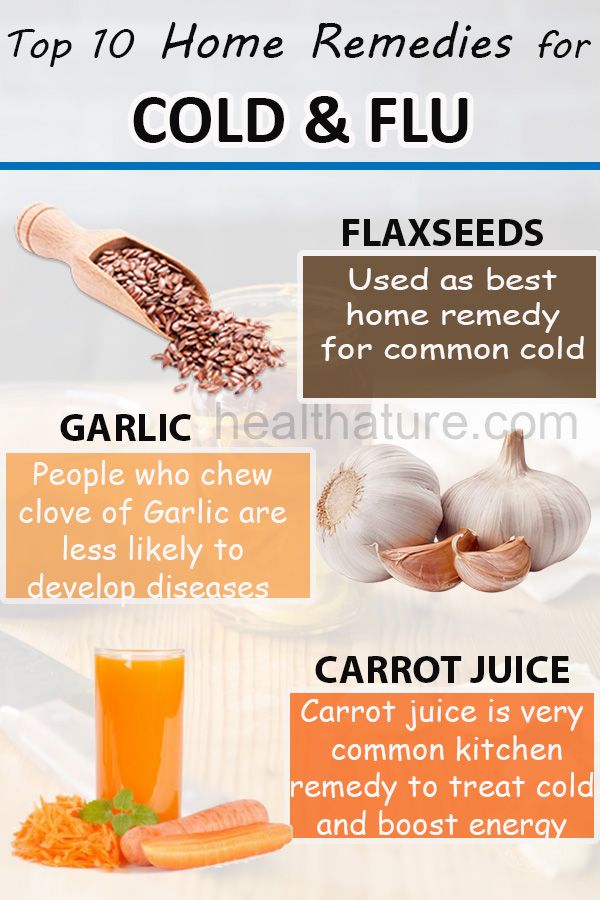
- Wear comfy clothing. Loose cotton clothing keeps your skin from getting irritated.
- Moisturize. Slather on fragrance-free lotion or cream after you take a shower or bath. Keep lotion in the fridge so that moisturizing your skin also feels cooling.
- Lower your stress. Take steps to reduce stress and anxiety while you're pregnant, which, even though it may not seem connected, can actually make itching worse.
How to relieve itchy skin during pregnancy
Do your best not to scratch because it can irritate your skin further and increase the risk of skin infections. If you're itching because of dry, stretched skin, these simple measures can give you some relief:
- Apply cold. Put an ice pack or a cool, wet compress on itchy areas for five to ten minutes, or until the itch fades.
- Moisturize. Lotions and creams that are free of fragrances are best. Pure aloe vera gel applied directly to itchy areas may also provide some temporary relief.
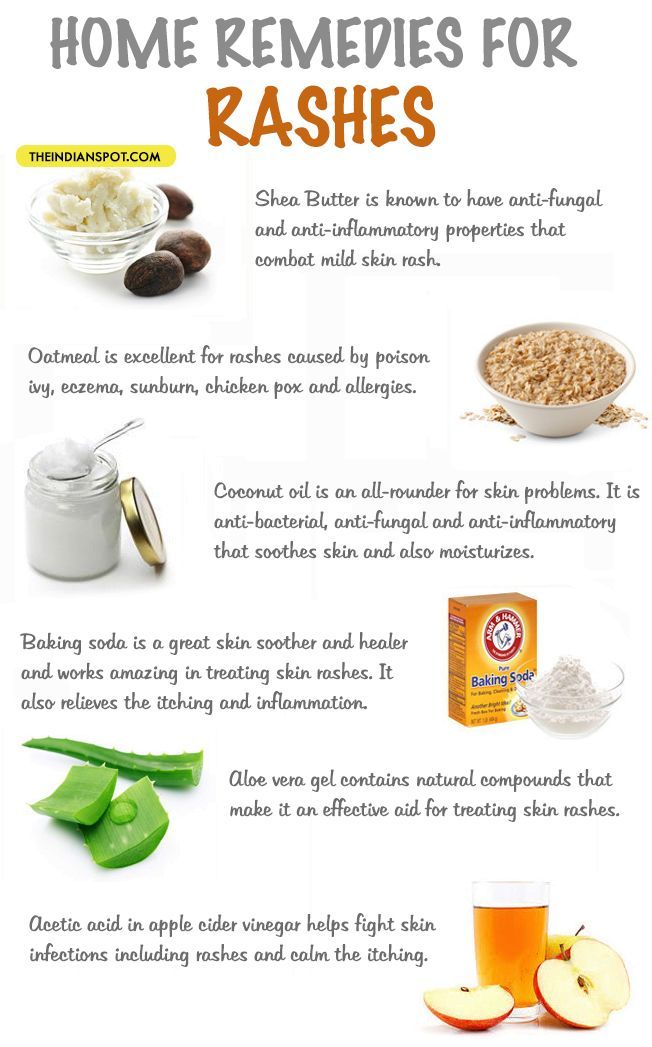
- Take an occasional warm oatmeal bath. You can buy commercially prepared oatmeal baths in drugstores or online.
- Apply medicines before moisturizing. Talk to your healthcare provider about topical, anti-itch medications that are available over-the-counter, including calamine lotion. While most of these medicines are safe during pregnancy, it's best to review them with your ob or midwife first. If your provider prescribes you a topical medication for itching during pregnancy, apply it as instructed and then moisturize your whole body, even the areas of skin you've just treated with medication.
When to call your healthcare provider about itching during pregnancy
Call your provider if you:
Advertisement | page continues below
- Develop a new rash during pregnancy
- Have a skin condition that's getting worse
- Feel very itchy, especially on your hands and feet, but don't have a rash
Your provider will want to do a physical exam and potentially order some blood tests so they can diagnose any potential problems, recommend appropriate treatment, and refer you to a dermatologist if necessary.
While most itching in pregnancy is normal, some conditions that cause itchy skin can affect your baby's well-being and require special monitoring or treatment. For example, severe itching without a rash can be a symptom of cholestasis of pregnancy, a liver condition that happens when bile starts building up in the liver.
And although an itchy rash during pregnancy is usually one of several uncomfortable-but-harmless conditions, it can be a symptom of a rare-but-serious condition called pemphigoid gestationis, so let your healthcare provider know about any new rashes.
If you develop small and itchy raised spots that look like pimples around your belly – especially in the third trimester – they may be pruritic urticarial papules and plaques of pregnancy (commonly known as a PUPPP rash), a rare pregnancy skin condition that doesn't lead to complications but can cause severe itching.
Read more:
Pregnancy symptoms you should never ignore
Staying comfortable in the third trimester: Tips from moms
Skin darkening during pregnancy
Was this article helpful?
Yes
No
Karisa Ding
Karisa Ding is a freelance health writer and editor with expertise in preconception, pregnancy, and parenting content. A mother of two, Ding finds great joy in supporting new and expectant parents by providing information they need for the life-changing journey ahead. Ding lives in San Francisco with her family.
A mother of two, Ding finds great joy in supporting new and expectant parents by providing information they need for the life-changing journey ahead. Ding lives in San Francisco with her family.
My pregnancy week by week
2
weeks
pregnant
3
weeks
pregnant
4
weeks
pregnant
5
weeks
pregnant
6
weeks
pregnant
7
weeks
pregnant
8
weeks
pregnant
9
weeks
pregnant
10
weeks
pregnant
11
weeks
pregnant
12
weeks
pregnant
13
weeks
pregnant
14
weeks
pregnant
15
weeks
pregnant
16
weeks
pregnant
17
weeks
pregnant
18
weeks
pregnant
19
weeks
pregnant
20
weeks
pregnant
21
weeks
pregnant
22
weeks
pregnant
23
weeks
pregnant
24
weeks
pregnant
25
weeks
pregnant
26
weeks
pregnant
27
weeks
pregnant
28
weeks
pregnant
29
weeks
pregnant
30
weeks
pregnant
31
weeks
pregnant
32
weeks
pregnant
33
weeks
pregnant
34
weeks
pregnant
35
weeks
pregnant
36
weeks
pregnant
37
weeks
pregnant
38
weeks
pregnant
39
weeks
pregnant
40
weeks
pregnant
41
weeks
pregnant
Itching during pregnancy.
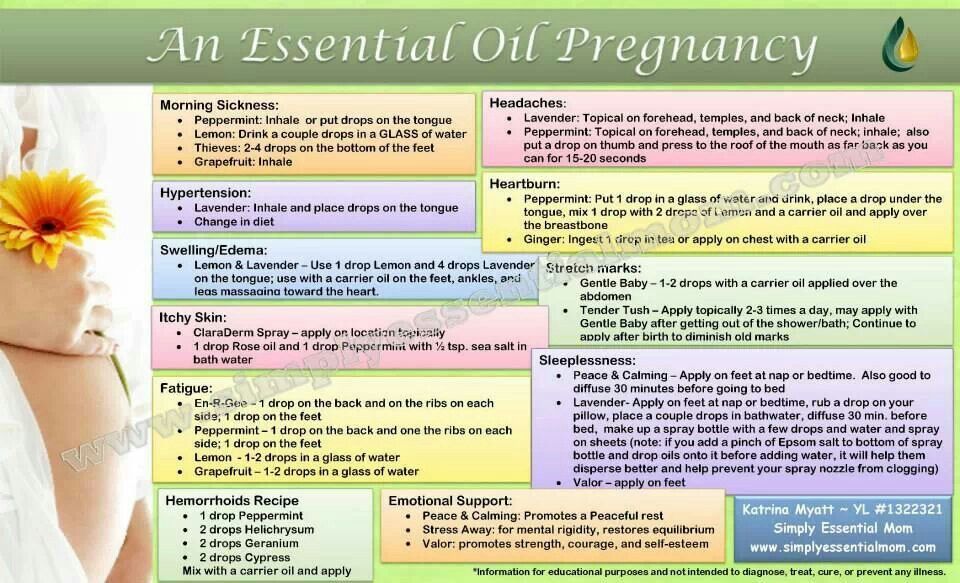 What is Pregnancy Itching?
What is Pregnancy Itching? IMPORTANT
The information in this section should not be used for self-diagnosis or self-treatment. In case of pain or other exacerbation of the disease, only the attending physician should prescribe diagnostic tests. For diagnosis and proper treatment, you should contact your doctor.
Itching during pregnancy is a pathological condition that is a symptom of various diseases that have arisen or worsened during gestation. It is manifested by a sensation of painful tickling irritation of the skin and mucous membranes, which causes a scratching reflex. There may be a rash, other skin symptoms, signs of damage to various organs and systems. It is diagnosed with the help of biochemical, immunological, hormonal, allergological, microbiological studies, PCR, RIF, ELISA, ultrasound. For pathogenetic and symptomatic treatment of itching, antihistamines, corticosteroids, emollients, and sedative herbal remedies are used.
ICD-10
L29.8 Pruritus other
- Causes
- Pathogenesis
- Symptoms of itching during pregnancy
- Complications
- Diagnostics
- Treatment of itching during pregnancy
- Prognosis and prevention
- Prices for treatment
General
According to observations of obstetricians-gynecologists, temporary or permanent itching sensations of varying intensity occur in more than half of pregnant women. 45-50% of patients complain of genital (intimate), 18-22% - skin, 8-10% - anal itching. In some women during pregnancy, the simultaneous appearance of different types of itching is noted. Usually, the disorder develops as a result of an exacerbation of pre-existing diseases. In some cases, the cause of diseases, the symptom of which is itching, is the changes that occur during pregnancy. The relevance of timely diagnosis of the pathology that caused itching of the skin or mucous membranes is due to the risk of developing serious obstetric complications in some pathologies.
Itching during pregnancy
Causes
Specialists in the fields of obstetrics name many factors that can provoke the occurrence of itchy sensations in pregnant women. Itching can manifest diseases that have become aggravated or that have arisen in the gestational period, systemic responses of the body to the action of exogenous agents and endogenous metabolites. The most common causes of the disorder are:
- Skin and fungal diseases. Itching is observed in atopic and contact dermatitis, dermatophytosis, chronic lichen simplex, psoriasis, seborrhea, eczema. Itchy sensations are characteristic of a parasitic skin lesion - head and pubic lice, scabies. In the cold season, itching accompanies the development of xerosis. In many patients, these disorders are detected even before pregnancy, although infection with skin parasites or the manifestation of pathology is possible during the gestation period.
- System processes.
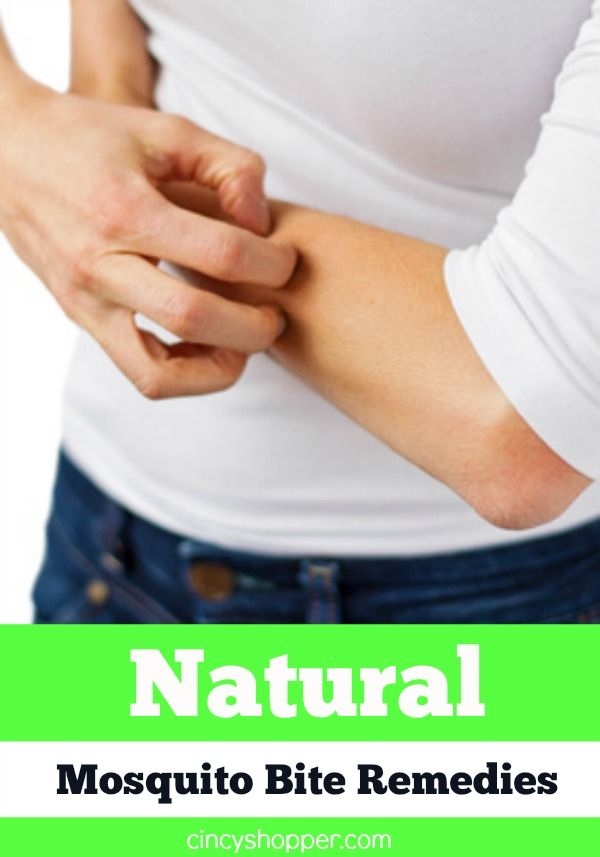 Itching is accompanied by endogenous intoxication with natural and pathological metabolites in some forms of oncopathology (Hodgkin's lymphoma, polycythemia vera), liver diseases with cholestasis (viral hepatitis, gallstone disease, hepatosis), endocrinopathies (diabetes mellitus, hyperthyroidism, hypothyroidism), iron deficiency anemia, terminal renal failure with glomerulonephritis, pyelonephritis, hydronephrosis, nephrolithiasis.
Itching is accompanied by endogenous intoxication with natural and pathological metabolites in some forms of oncopathology (Hodgkin's lymphoma, polycythemia vera), liver diseases with cholestasis (viral hepatitis, gallstone disease, hepatosis), endocrinopathies (diabetes mellitus, hyperthyroidism, hypothyroidism), iron deficiency anemia, terminal renal failure with glomerulonephritis, pyelonephritis, hydronephrosis, nephrolithiasis. - Genital infections. Often they are manifested not by skin, but by intimate itching that occurs due to irritation with toxins, and pathological secretions (whites). The symptom is more pronounced with candidiasis, genital herpes, gardnerellosis, chlamydia, gonorrhea. Reduced immunity and hormonal changes characteristic of pregnancy often lead to the development of bacterial vaginosis, one of the signs of which is itching in the genital area.
- Urological and proctological diseases. Itching in the perineum is caused not only by intense vaginal leucorrhea, but also by irritation with urine during frequent urination in pregnant women with urethritis, cystitis, pyelonephritis, pathological changes characteristic of hemorrhoids, anal fissures, local perianal dermatitis.
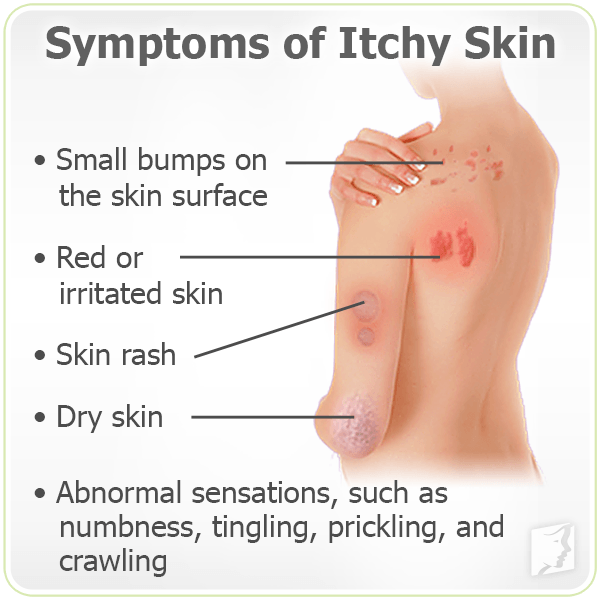 One of the causes of anal itching is enterobiasis - helminthic invasion, in which part of the life cycle of the parasite is associated with skin lesions near the anus.
One of the causes of anal itching is enterobiasis - helminthic invasion, in which part of the life cycle of the parasite is associated with skin lesions near the anus. - Exogenous influences. The influence of a pathological agent can be external (through the skin and mucous membranes) and internal (after absorption in the gastrointestinal tract). In both cases, the development of an allergic or toxic systemic reaction with itching of varying intensity is possible. Provoking factors are most often drugs (aspirin, antibiotics, anesthetics), food, plant pollen, animal hair, dust, insect bites.
- Neurological and psychiatric disorders. Tingling, paresthesia, intermittent intense itching caused by changes in the peripheral nervous system may be early signs of multiple sclerosis, preceding the main neurological symptoms. Neurogenic itching can be a consequence of stress, a sign of postherpetic neuralgia, brain tumors. In rare cases, itching manifests itself as part of a tactile hallucinosis.

- Dermatoses of pregnancy. In 1.5-3.0% of patients, usually with a hereditary predisposition, physiological changes during pregnancy (skin stretching with damage to the connective tissue, hyperestrogenism, immune restructuring) provoke an allergic reaction or intrahepatic bile stasis. As a result, one of the specific gestational pruritic dermatoses develops - atopic dermatitis, pemphigoid, cholestasis of pregnancy.
Probable prerequisites for more frequent occurrence of itching in various diseases in pregnant women are an increase in dryness of the skin as a result of the influence of progesterone, a physiological decrease in immunity aimed at maintaining gestation, stretching and rupture of the connective tissue fibers of the skin with the formation of autoantigens, and a violation of the natural microflora of the vagina. Pregnancy also serves as a trigger for the development of a number of diseases accompanied by itching - gestational diabetes, postpartum autoimmune thyroiditis, etc.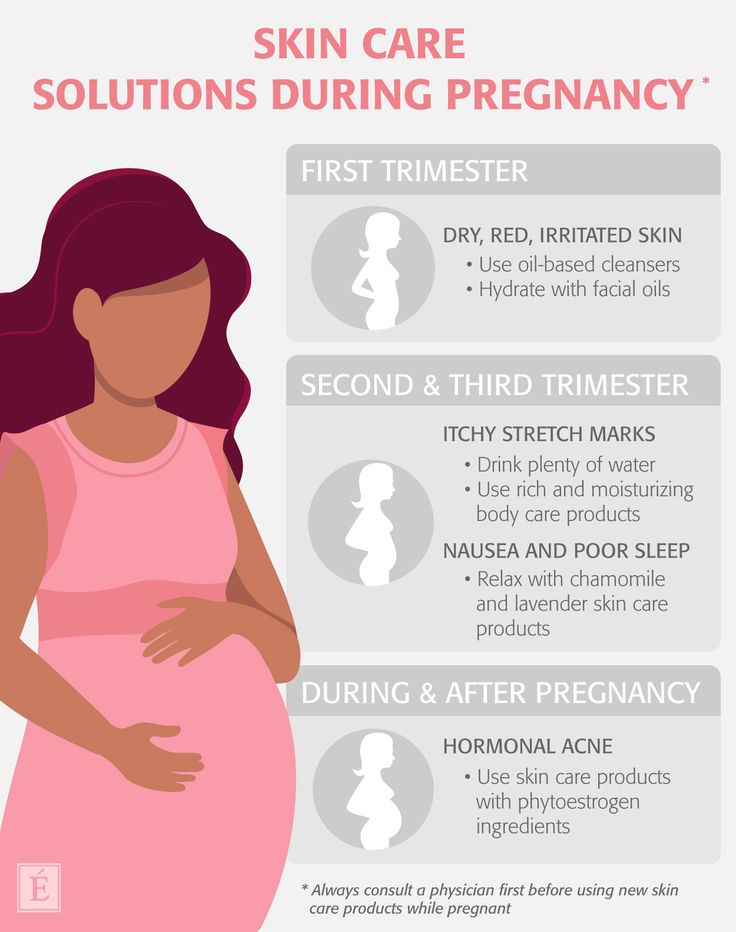 Additional risk factors are obesity, wearing synthetic clothing and underwear, the use of scented pads and irritating alkaline products for skin and genital care, non-compliance with the rules personal hygiene, the use of spicy food with seasonings, spices.
Additional risk factors are obesity, wearing synthetic clothing and underwear, the use of scented pads and irritating alkaline products for skin and genital care, non-compliance with the rules personal hygiene, the use of spicy food with seasonings, spices.
Pathogenesis
The mechanism of itching during pregnancy depends on the causes that caused it, however, the key link in the pathogenesis in all cases is the irritation of certain sections of the afferent pathways that transmit nerve impulses. Most often, itching occurs due to stimulation of peripheral nocireceptors. The receptor apparatus is usually affected by mediators formed during a local inflammatory, allergic, autoimmune reaction, microbial toxins, metabolites (bile acids, nitrogenous compounds, high concentrations of glucose), drugs.
Perhaps the development of itchy sensations due to damage, in which the inflammatory reaction is secondary, constant local influences (insect bites, movement of helminths, irritation with urine, leucorrhoea).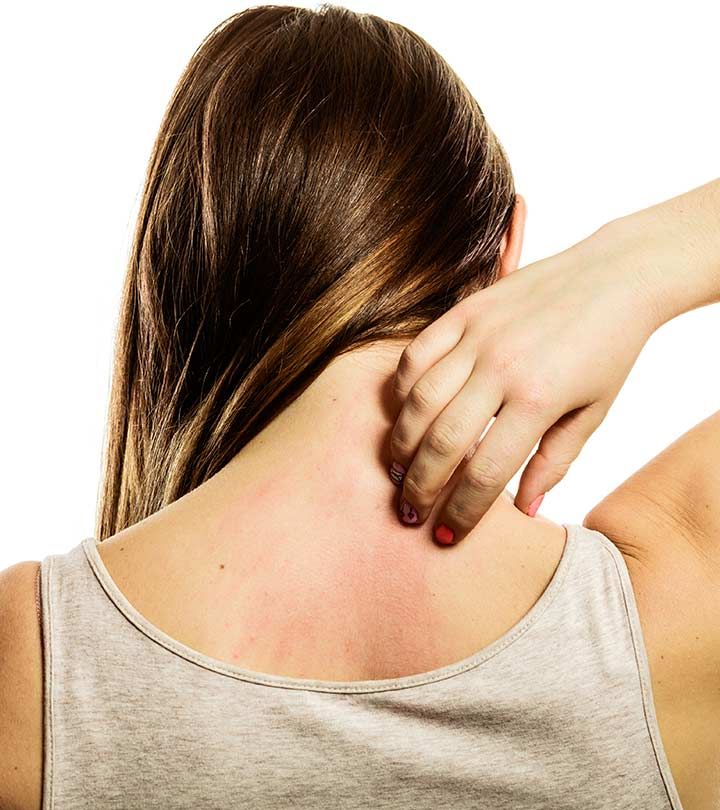 Sometimes pathological afferentation, characteristic of itching, is noted against the background of microcirculatory disorders (for example, in diabetes mellitus), damage to sensory nerve fibers (with multiple sclerosis). With volume neoplasms of the brain, strokes, neurotic and mental disorders, the focus of pathological impulses, subjectively perceived as itching, is localized in the central parts of the nervous system.
Sometimes pathological afferentation, characteristic of itching, is noted against the background of microcirculatory disorders (for example, in diabetes mellitus), damage to sensory nerve fibers (with multiple sclerosis). With volume neoplasms of the brain, strokes, neurotic and mental disorders, the focus of pathological impulses, subjectively perceived as itching, is localized in the central parts of the nervous system.
Symptoms of itching during pregnancy
The main symptom of the disorder is local or generalized itching sensations of varying intensity, from slight tingling and burning to an unbearable desire to scratch or rub the skin, mucous membranes. Depending on the causes of itching, it can be constant or periodic, serve as the only sign of the disease or be accompanied by other skin manifestations - redness, scratching, macular, papular, vesicular, pustular rash, peeling. In general, the clinical picture is characterized by significant polymorphism, determined by the leading pathology, the symptom of which was skin or intimate itching.
Complications
Diseases with intense itching can be complicated by secondary infection of excoriated sites. The likelihood of developing obstetric complications depends on the influence of the underlying disease on pregnancy. Most skin diseases, transient allergic reactions, dermatosis of pregnant women cause discomfort and worsen the quality of life, but do not pose a serious threat to the woman and the fetus. In severe cholestasis of pregnant women, many systemic processes, the likelihood of gestosis, spontaneous miscarriage, premature birth, fetoplacental insufficiency, fetal growth retardation, anomalies in labor, coagulopathic bleeding, DIC increases. Possible complications of infectious diseases that occur with itching are chorioamnionitis, intrauterine infection of the fetus, postpartum endometritis, obstetric peritonitis.
Diagnostics
The main task of a diagnostic search for complaints of a patient about itching of the skin, genitals, and perianal area is to identify the cause that caused the disorder.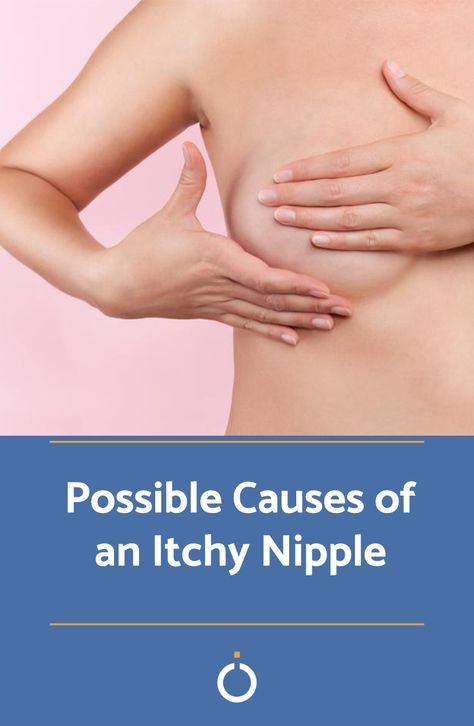 To make a diagnosis, a wide range of laboratory and instrumental diagnostic methods are used to determine the state of various organs and systems, to detect biochemical markers of the disease. In addition to a gynecological examination, general blood and urine tests during pregnancy, the following are recommended:
To make a diagnosis, a wide range of laboratory and instrumental diagnostic methods are used to determine the state of various organs and systems, to detect biochemical markers of the disease. In addition to a gynecological examination, general blood and urine tests during pregnancy, the following are recommended:
- Biochemical blood test. Indicative for some diseases are data on the level of glucose, bile acids, total bilirubin, cholesterol, triglycerides, serum iron, urea, uric acid, creatinine, enzymes (AlT, AST, alkaline phosphatase), the composition of blood protein fractions.
- Hormonal studies. To exclude endocrinopathies, manifested by itching of the skin, mucous membranes, an insulin resistance index, an assessment of the blood levels of insulin, TSH, thyroxine, triiodothyronine, and thyroxin-binding globulin are used. In some cases, determine the level of sex hormones.
- Study of immune and allergic status. Confirmation of the atopic nature of the disease is an increased concentration in the blood of IgE, histamine.
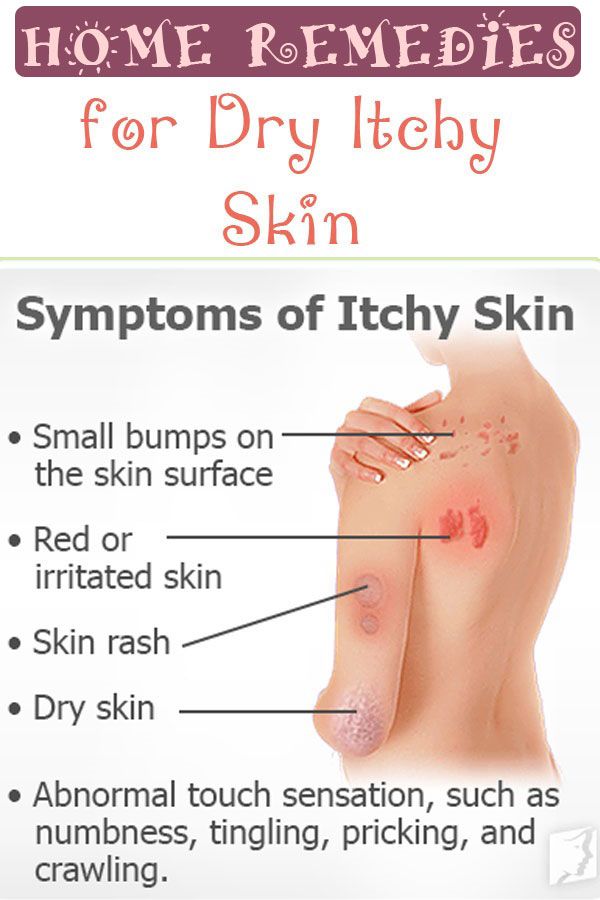 In some disorders, specific markers of autoimmune processes (antibodies to collagen, AT-TPO, AT rTTG) are detected.
In some disorders, specific markers of autoimmune processes (antibodies to collagen, AT-TPO, AT rTTG) are detected. - Diagnosis of infections. Highly sensitive methods for detecting infectious diseases are polymerase chain reaction, RIF, ELISA. With their help, you can detect signs of genital herpes, candidiasis, chlamydia, mycoplasmosis, ureaplasmosis, and other urogynecological diseases.
- Culture of the detachable urogenital tract. Microbiological examination allows not only to determine the causative agent of an infectious disease, but also to assess its sensitivity to antibacterial drugs. The method is especially indicated for patients with itching of the vulva, vagina, urethra.
In the presence of elements of the rash, a scraping or separated skin is analyzed. To assess the morphological state of various organs, ultrasound diagnostics that is safe for the fetus is used - ultrasound of the kidneys, liver, gallbladder, small pelvis.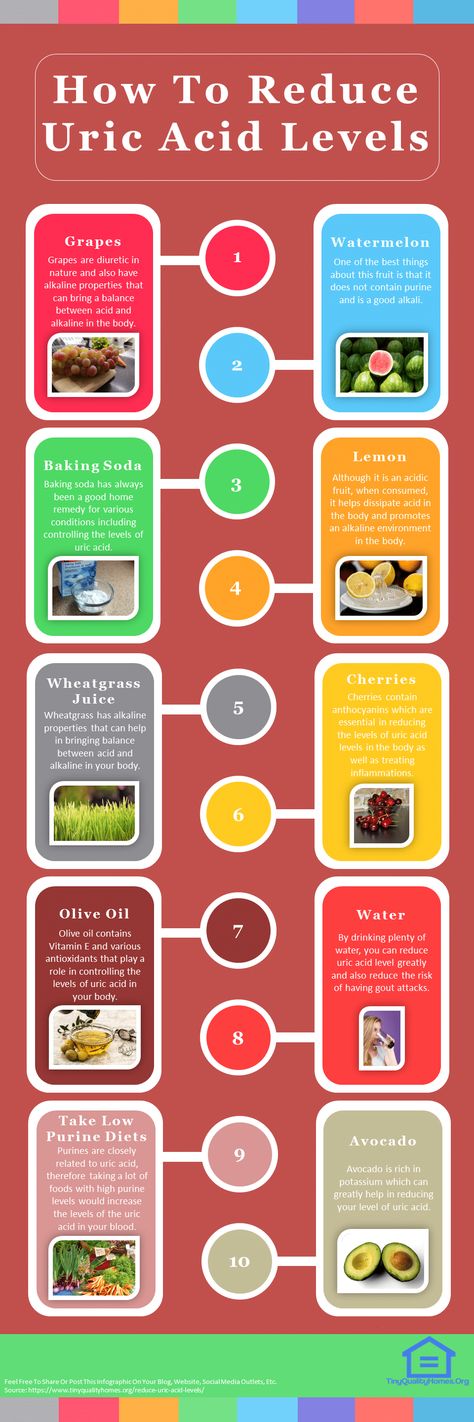 As additional methods, chemical and toxicological analyzes, histological examination of biopsy specimens, scraping for enterobiasis, and fecal analysis for helminth eggs can be recommended. Differential diagnosis is usually carried out between diseases in which itching occurs during pregnancy. In addition to an obstetrician-gynecologist and a dermatologist, according to indications, the patient is consulted by a venereologist, an infectious disease specialist, an endocrinologist, a gastroenterologist, a hepatologist and a urologist.
As additional methods, chemical and toxicological analyzes, histological examination of biopsy specimens, scraping for enterobiasis, and fecal analysis for helminth eggs can be recommended. Differential diagnosis is usually carried out between diseases in which itching occurs during pregnancy. In addition to an obstetrician-gynecologist and a dermatologist, according to indications, the patient is consulted by a venereologist, an infectious disease specialist, an endocrinologist, a gastroenterologist, a hepatologist and a urologist.
Treatment of itching during pregnancy
When developing tactics for managing a patient with complaints of itchy sensations, the influence of the underlying disease on gestation is taken into account. In most cases, it is possible to prolong pregnancy until the term of physiological birth. The treatment regimen is determined by the protocol for the relevant disorder, may include antibiotics, hormones, antifungal, hormonal, anticonvulsant drugs, drugs from other pharmacotherapeutic groups, taking into account their possible impact on fetal development.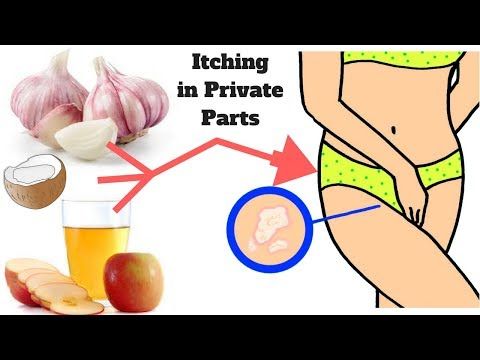 To reduce or eliminate itching, nonspecific pathogenetic and symptomatic therapy is effective:
To reduce or eliminate itching, nonspecific pathogenetic and symptomatic therapy is effective:
- Antihistamines. Due to the blockade of histamine receptors, the transmission of excitation along sensitive C-fibers decreases, the release of mediators by mast cells decreases. Suppression of an allergic reaction can significantly reduce the intensity of itching or completely stop it.
- Glucocorticoids. Local application of corticosteroid ointments, creams, emulsions has a pronounced antipruritic effect. Local treatment is more effective with limited dermatitis and dermatosis. Given the possible effects on the fetus, systemic corticosteroids during gestation are used to a limited extent.
- Emollients. Since the skin becomes drier during pregnancy, which increases itching, its moisturizing and softening have a positive therapeutic effect. Means of this group also allow you to accelerate the restoration of damaged epidermis and lipid intercellular structures of the skin.

- Herbal sedatives. Due to the mutual influence of itching and emotional disorders (bad mood, irritability), the appointment of sedative preparations makes it possible to reduce the intensity of perception of uncomfortable sensations at the level of the central nervous system. Sedative therapy also contributes to the normalization of disturbed sleep.
The patient is advised to exclude from the diet foods that increase irritation or can cause allergies, normalize the drinking regimen, get enough rest, and avoid stress. Usually, natural delivery is recommended for pregnant women with itching. Caesarean section is performed only if there are obstetric indications.
Prognosis and prevention
In the absence of systemic disease, pregnancy outcomes in women with pruritus are usually favorable. The prognosis worsens when serious somatic diseases, endocrinopathies are detected. As a preventive measure, for patients suffering from skin and other pathologies, when planning pregnancy, it is necessary to take into account the recommendations of a dermatologist and specialized specialists. Pregnant women without concomitant pathology are advised to carefully observe the rules of personal hygiene, refuse synthetic underwear, moisturize the skin with natural means, avoid situations in which sweating increases sharply - staying in stuffy rooms, overheating in the sun. For washing linen and clothes, it is better to use phosphate-free neutral washing powders.
Pregnant women without concomitant pathology are advised to carefully observe the rules of personal hygiene, refuse synthetic underwear, moisturize the skin with natural means, avoid situations in which sweating increases sharply - staying in stuffy rooms, overheating in the sun. For washing linen and clothes, it is better to use phosphate-free neutral washing powders.
You can share your medical history, what helped you with the treatment of itching during pregnancy.
Sources
- Dermatoses in pregnant women: Abstract of the dissertation / Alenkina A.B. - 2006.
- Differential diagnosis and treatment of pruritus / Zaikov SV / / Health of Ukraine. – 2014.
- Some features of pregnancy dermatosis / Kochergin N., Nikitina E., Tsykin A.// Doctor. - 2010 - No. 1.
- Features of the clinic, diagnosis and therapy of skin diseases in pregnant women: Abstract of the dissertation / Nikitina Ye.A. – 2013.
- This article was prepared based on the materials of the site: https://www.
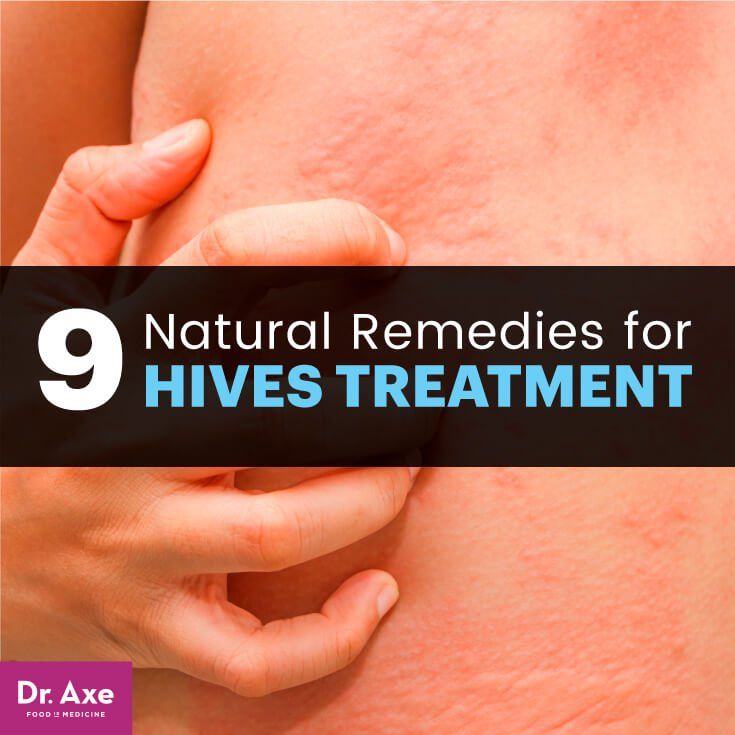 krasotaimedicina.ru/
krasotaimedicina.ru/
IMPORTANT
Information from this section cannot be used for self-diagnosis and self-treatment. In case of pain or other exacerbation of the disease, only the attending physician should prescribe diagnostic tests. For diagnosis and proper treatment, you should contact your doctor.
Why does the skin itch during pregnancy?
Skin itching during pregnancy is not a very common phenomenon. Most often, the skin begins to itch unbearably (as after mosquito bites) in the evening, closer to night, which can provoke insomnia and generally worsen a woman’s mood. Usually itching does not harm the baby and goes away after childbirth. However, it is still worth consulting with a gynecologist and dermatologist.
What does it come from?
The cause of itching during pregnancy in most cases is a violation of the liver: the production and outflow of bile, a general increase in the level of bilirubin in the blood. This is due to a hormonal failure in the body of the future mother - a violation of the synthesis of estrogens, as well as due to fetal pressure on the bile ducts. The fatty acids produced in large quantities enter the woman's skin with the bloodstream and irritate the nerve endings, causing excruciating itching. Similar phenomena associated with stagnation of bile in the body can make themselves felt in the third trimester of pregnancy. Sometimes itching is accompanied by such dangerous diseases as diabetes mellitus.
This is due to a hormonal failure in the body of the future mother - a violation of the synthesis of estrogens, as well as due to fetal pressure on the bile ducts. The fatty acids produced in large quantities enter the woman's skin with the bloodstream and irritate the nerve endings, causing excruciating itching. Similar phenomena associated with stagnation of bile in the body can make themselves felt in the third trimester of pregnancy. Sometimes itching is accompanied by such dangerous diseases as diabetes mellitus.
Who is predisposed?
Itching during pregnancy is usually observed in women with chronic diseases of the biliary tract and with high levels of cholesterol in the blood. Such future mothers need to regularly (at least once a month) do a biochemical blood test to exclude toxic effects on liver cells.
How to fight?
A pregnant woman should tell her gynecologist about the discomfort associated with skin itching. In some cases, itching can be a sign of the development of such a dangerous disease as hepatitis. The doctor will conduct appropriate examinations. If, according to an objective examination, itching does not pose any danger, it is often possible to get rid of discomfort simply by following a diet aimed at lowering cholesterol levels, limiting the intake of fatty, spicy and salty foods that prevent the liver from coping with the function of bile secretion, as well as drinking plenty of water - it is necessary to eliminate dry skin. If the diet does not help, the doctor may prescribe choleretic drugs suitable for pregnant women.
The doctor will conduct appropriate examinations. If, according to an objective examination, itching does not pose any danger, it is often possible to get rid of discomfort simply by following a diet aimed at lowering cholesterol levels, limiting the intake of fatty, spicy and salty foods that prevent the liver from coping with the function of bile secretion, as well as drinking plenty of water - it is necessary to eliminate dry skin. If the diet does not help, the doctor may prescribe choleretic drugs suitable for pregnant women.
It is important to find the cause of the bothersome itching, eliminating a whole group of skin diseases that can occur during pregnancy.
Itching in the abdomen and chest
This itch is worth mentioning separately. As a rule, the skin on the abdomen or chest itches in the second and third trimesters due to its stretching, because it is these parts of the body that increase in volume during pregnancy. In this case, it is very important not to scratch the skin - this will lead to the appearance of stretch marks, which, unlike itching, will not go away after childbirth.